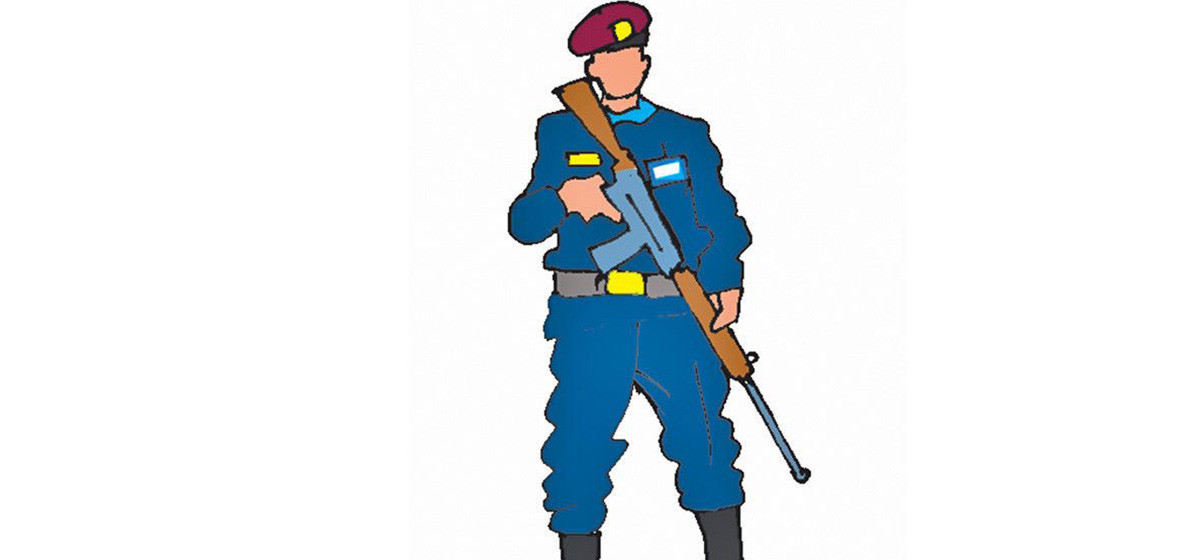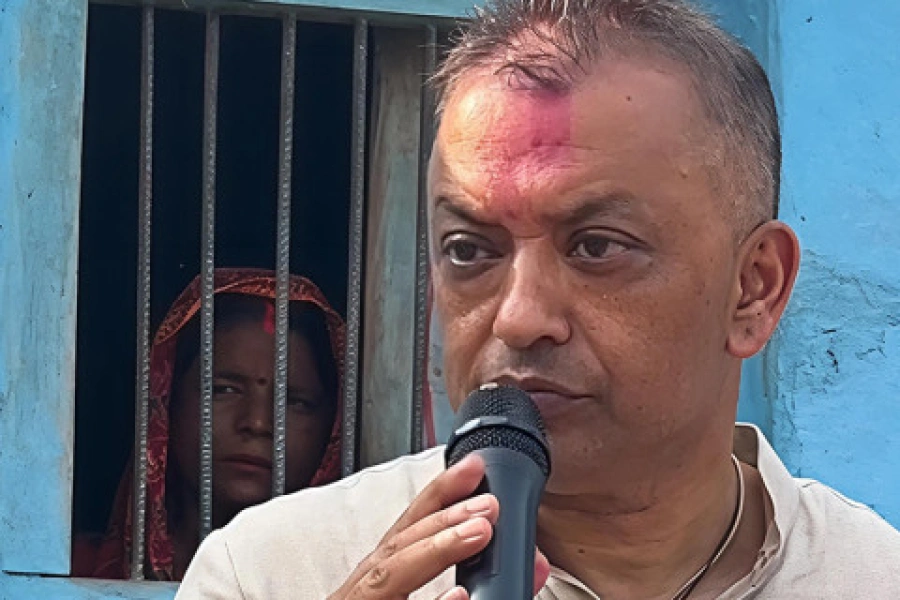KATHMANDU, June 23: The government is moving forward with plans to procure weapons and crowd-control equipment worth Rs 990 million for the Nepal Police by the end of the current fiscal year 2024/25. This move comes despite Nepal’s ongoing economic challenges. A total budget of Rs 1 billion had been allocated earlier in the fiscal year for the purpose, and the Ministry of Home Affairs and Police Headquarters have already initiated the procurement process.
According to a source at Police Headquarters, the intended purchase includes 9 mm pistols and shotguns. It is notable that lethal weapons have not been procured for the Nepal Police in recent years. Now, however, preparations are underway to acquire them—without any formal study on whether such arms are necessary. “The need is for non-lethal weapons, but the process for acquiring lethal arms has already begun,” the source said.
Despite the operational necessity of non-lethal arms, police have reportedly been directed to buy lethal ones. “A procurement syndicate exists in the security agencies—including the Nepal Army, Armed Police Force, and Nepal Police—where there is no competitive bidding. A single supplier manages everything, often under instructions from the Prime Minister’s Office,” the source added.
Govt buying weapons worth Rs 840 million in times of economic c...

This procurement group has long been involved in defense-related deals, and it is believed that the same business circle pushed for this year's Rs 1 billion allocation. The initiative gained momentum after Inspector General of Police (IGP) Deepak Thapa expressed support for the plan. “The Home Ministry has instructed the police to expedite the process, and a proposal is currently being prepared,” said the source.
The decision to purchase arms has sparked discontent within the Home Ministry itself. One senior official remarked, “The country is facing an economic crisis. Luxury items and weapons are not a priority at this time.” The source further alleged that the procurement drive is aimed at awarding contracts to favored arms dealers and securing commissions for political party leaders.
The government’s urgency is reportedly linked to the protest staged by a royalist group on March 28, 2025 (Chaitra 15, 2081 BS). A similar justification was used previously by citing elections. “In the past, the Nepal Police had to borrow arms from the Nepal Army during elections. Now, there is an attempt to avoid that—but the need for lethal weapons remains unjustified, and no one has provided an explanation,” the source noted.
Even during the COVID-19 pandemic, the then-government attempted to procure lethal arms. On May 2, 2022 (Baisakh 19, 2079 BS), the Cabinet had approved the purchase of folding shotguns and 9 mm pistols. Although tenders were invited under the Security, Tactical or Defense Supply Procedure 2007 (2064 BS) and the Public Procurement Regulations, the plan to buy weapons worth about Rs 840 million—out of a total estimate of Rs 939.975 million—was shelved due to widespread public outcry. The same proposal is now being revived.
Earlier, on July 5, 2021 (Asar 21, 2078 BS), the Nepal Army had handed over 300 firearms and related equipment to the police. As part of a broader decision by the Council of Ministers on May 31, 2021 (Jestha 17, 2078 BS), the army had agreed to provide 10,818 rifles and machine guns of various types and 1,494,016 rounds of ammunition to the police, free of cost. In the first phase, 300 weapons and associated supplies were handed over.
The rationale was to enhance the police force’s capability in VIP protection, training, securing offices, and managing major events. “The emphasis should have been on defining clear criteria for non-lethal weapons, but it appears the budget allocation was influenced by intermediaries seeking profits,” said an official from Police Headquarters.
Controversy over police weapon procurement is not new. In 2014 (2071 BS), a major scandal erupted when weapons purchased from Italy at an inflated price raised questions. The Italian-made Beretta 12-bore shotguns were bought at $2,370 per unit, totaling $237,000 (Rs 23.7 million) for 100 guns. However, their actual market price was $1,038 each. Similarly, 9 mm pistols from the same batch were also purchased at prices significantly above market value—allegedly due to middleman influence.





-1771986651.webp)





















-1200x560-1771928761.webp)










